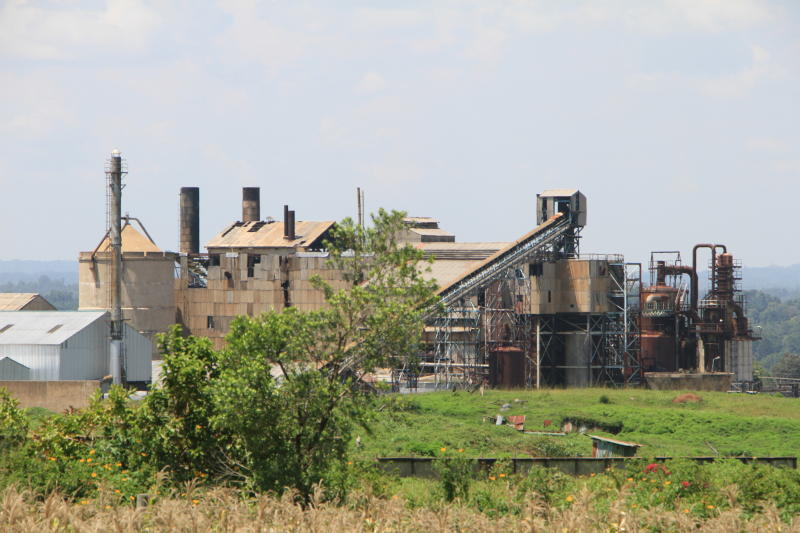×
The Standard e-Paper
Kenya’s Boldest Voice

Webuye town in Bungoma County sits at the base of the sprawling Chetambe Hills. It occupies a strategic geographical location from which one can travel to Kakamega, Bungoma, Kitale and Eldoret towns.
It is home to Nabuyole Falls, formerly referred to, during colonial times, as Broderick Falls. After independence, the falls were first renamed Webuye Falls.